My old friend Richard Ingrams was said always to write The Spectator’s television reviews sitting in the next-door room to the TV set. I’m more assiduous: I have actually read this book under review. And Chris Patten’s
latest memoir is a very enjoyable read — the account of a life of considerable privilege.
Born into a middle-class family in suburban London, Patten won an exhibition to Balliol before — after a brief dalliance with US politics — he became a Conservative apparatchik and, in due course, an MP. Once he’d reached the cabinet, he was a made man — and from his middle years onward garnered a succession of agreeable posts, as the last governor of Hong Kong, European commissioner, the odd university chancellorship and chairman of the BBC Trust, while enjoying since 2005 a well-padded berth on the red-leather benches of the House of Lords. But though his memoir is more concise and less ponderous than his speaking tone, it is also often wrong-headed and delusory.
I must at the start declare an interest, having spent five unhelpful years with Patten negotiating the future governance of Jardine Matheson, an old established firm of Scottish merchants trading in the China Seas. We did not see eye to eye.
Nor do we now, as regards the future of Hong Kong. Patten continues to be fearful for the territory; and he’s wrong. For 20 years the rule of law, as designated in the Joint Declaration, has been sustained: the judiciary has maintained its complete independence and the Hong Kong government has kept its transparency. Foreign merchants have thrived and have not had rings run round them by local tycoons, as Patten envisages in his book. Of course there are some blemishes. If certain red lines are crossed, the Communist Party will always behave irrationally. But this seldom affects the ordinary citizen or the overall rule of law.
And there’s some humbug here, too, when it comes to the rule of law. As Patten does not mention, he was potentially open to criminal investigation for breaking the Official Secrets Act in filming The Last Governor, a TV documentary about his time in Hong Kong. The Attorney General invoked the Shawcross Doctrine to rule that it was not in the national interest that police enquiries continue.
Patten is critical of the sinologists in the Foreign Office led by the late Sir Percy Cradock, but it would perhaps have been better if he had listened a little more to advice and understood the history of China and the rise of the Communist Party. If he had negotiated more tactfully there might have been in place by now universal suffrage with a selected and approved list of candidates. It would not have been full democracy as we know it, but still better than the status quo.
Patten has been wise to understand that independence for Hong Kong is in no circumstances negotiable. He should also understand that sovereignty means sovereignty.
The chapters on the Conservative party are revealing of his character. I always found him a bit of a snob; here, he piques himself on membership of ‘an informal dining group’: ‘the Whips dubbed us “the Blue Chips”, which gave a slight impression of a group of weak-chinned and self-satisfied chaps who thought themselves born to rule.’ He adds with careful modesty:
There were indeed four proper toffs — two sons of marquesses, and two of earls (one of them Irish, so perhaps he counts as four-fifths toff) — but the rest of us were a pretty mixed bunch: middle-class scholarship boys on the whole.
He saw himself as on the liberal wing of the party but many in the party deplored his role in removing their hero Lady Thatcher. He was a divisive character. I was present at Alistair McAlpine’s election night party in 1992, the year when Patten cruelly lost his Bath seat to the Liberal Democrats; and it is true that a number of the people present cheered his loss as a ‘Conservative gain’.
There are also characteristically provocative chapters on the BBC, the Catholic Church and Oxford. He was not a suitable chairman of the BBC. He was a poor administrator of a large bureaucratic organisation; and had been the beneficiary, even before he arrived, of his chum the younger Dimbleby and John Birt, driving a cart and horses through the rules of the BBC producers’ guidelines in order to promote him in The Last Governor. Birt privately called it an opportunity too good to miss, but the BBC hierarchy knew perfectly well that the guidelines forbade the anchor-presenter to be a close friend of a documentary’s subject. It’s not an episode that Patten addresses in his book.
Such flexibility is characteristic. When Pope Benedict XVI visited England in 2010 Patten was the lead organiser of the event, and he has also advised the Vatican on modern communications. The Pope cannot be in error on matters of faith and doctrine, and the Vatican does not approve of same-sex marriage; but Patten showed his independence of the Church’s teaching by voting for the change in the House of Lords. As he puts it: ‘I am a Catholic who has occasional doubts and disagreements…’
The Oxford chapters are less controversial and more filled with pageantry and the opportunity to dress up. Patten’s charming and modest music-publisher father, Frank, would have enjoyed all this. He published the lovely song ‘She Wears Red Feathers (and a Hula-Hula Skirt)’. His son has done the same in life.
Got something to add? Join the discussion and comment below.
Get 10 issues for just $10
Subscribe to The Spectator Australia today for the next 10 magazine issues, plus full online access, for just $10.
You might disagree with half of it, but you’ll enjoy reading all of it. Try your first month for free, then just $2 a week for the remainder of your first year.

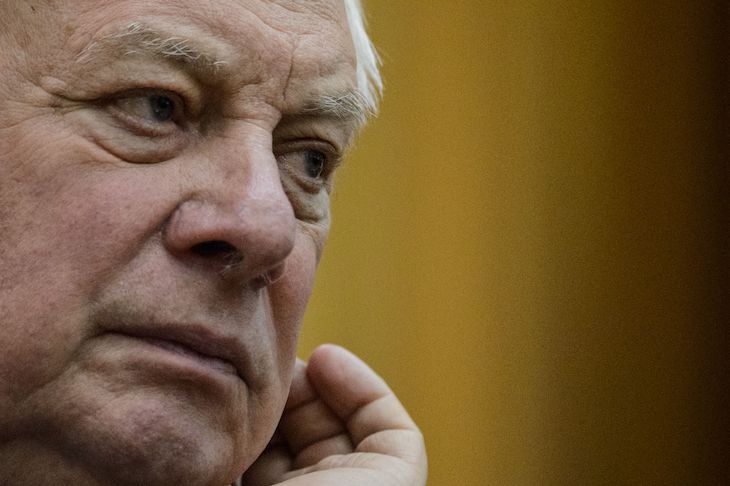
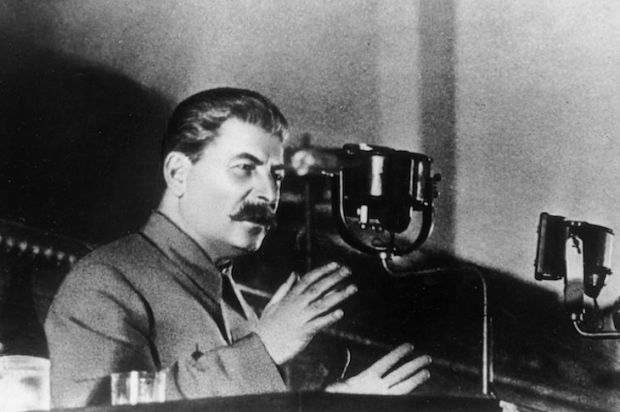
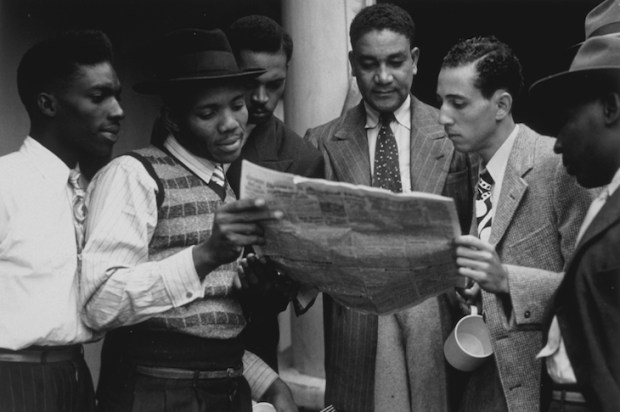

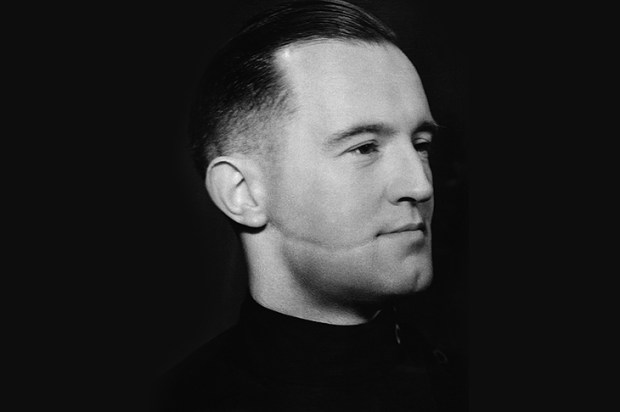
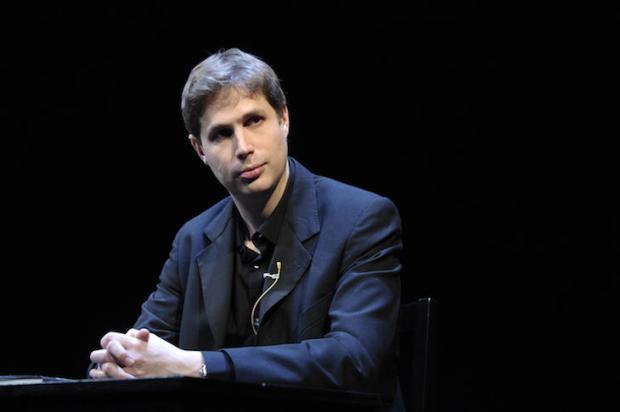
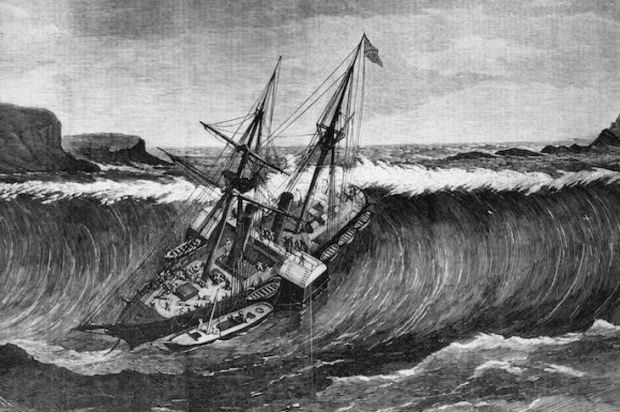






Comments
Don't miss out
Join the conversation with other Spectator Australia readers. Subscribe to leave a comment.
SUBSCRIBEAlready a subscriber? Log in